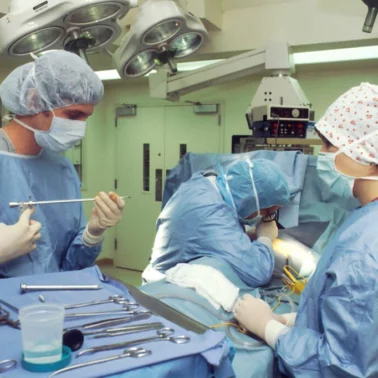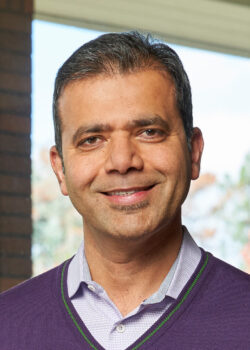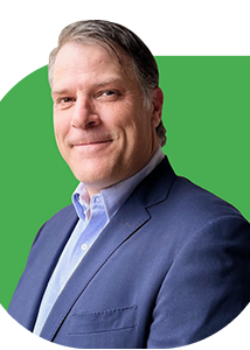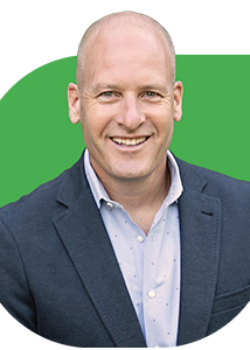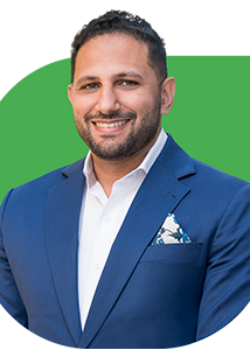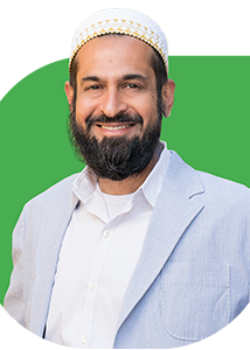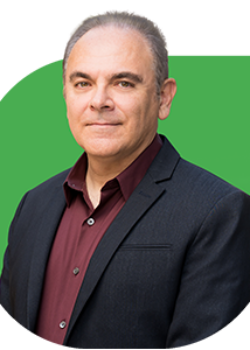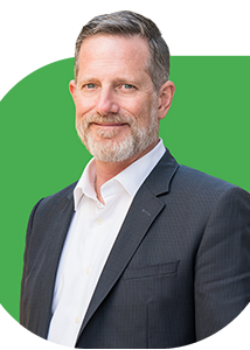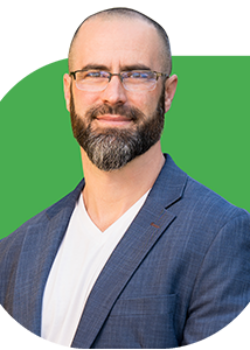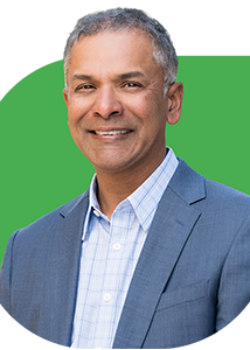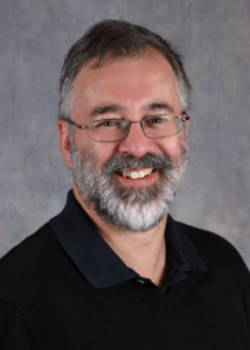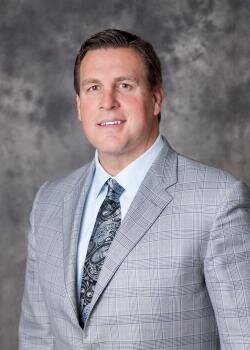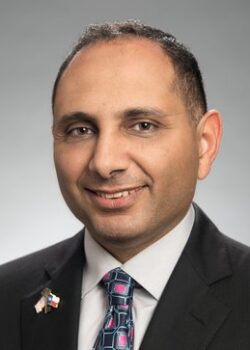4 Takeaways from Dr. Beau Norgeot’s Innovative Medical Research
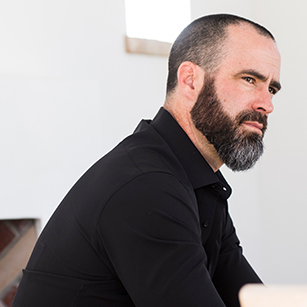
Summary
As Chief Data Officer for Lucid Lane, Beau Norgeot, Ph.D. relies on medical and artificial intelligence research to inform what is possible in healthcare today. With his passion for optimizing patient care, Beau’s expertise and leadership help Lucid Lane’s growing community to reach for what’s possible in the field of pain management – using data-driven clinical research as the foundation for the programs we develop.
As Chief Data Officer for Lucid Lane, Beau Norgeot, Ph.D. relies on medical and artificial intelligence research to inform what is possible in healthcare today. Having authored numerous scientific publications, Beau engages in research for one simple reason – to improve patient outcomes. “Delivering highly effective solutions is the goal,” he says. “Research is just a necessary step to validate how well said solutions are working.”
With his passion for optimizing patient care, Beau’s expertise and leadership help Lucid Lane’s growing community to reach for what’s possible in the field of pain management – using data-driven clinical research as the foundation for the programs we develop.
Here are four key ideas that guide Dr. Norgeot’s and Lucid Lane’s clinical research team:
1. Now is the time to implement smarter healthcare systems that leverage deep-learning methodologies.
In a nutshell, deep learning is a type of machine learning in which data is filtered through multiple layers. With each successive layer, data can become more accurate as the results are more refined in their ability to show correlations and connections. Machine learning scientists like Beau are working to harness the power of these algorithms to recommend more personal treatment decisions and improve the healthcare system at large.
Beau’s article ‘A call for deep-learning healthcare’ was described by one researcher writing in the Epidemiology Journal as a “farsighted and inspiring manifesto toward the progress of medicine through policy-empowered and interdisciplinary data science.” For Beau’s part, he views the healthcare system at present as fundamentally ineffective, but see’s pathways toward implementable solutions. “This article outlined what I think healthcare should look like and what the benefits of doing so would be. It was also a bit of a flag in the ground indicating what I planned to pursue over the next decade.”
“For me, the vision for the near future of clinical care is pretty clear. Ultimately, we’d like to make medicine more human; to allow machines to do what they do really well so that humans can do what they do really well.”
2. Causal inference approaches can enable personalized medicine.
Just because two things are associated does not mean that one causes the other. However, causal inference — the process of determining the effect of a particular phenomenon — can help researchers draw conclusions based on clinical trials and observational data.
As Beau explains, association models can tell you what outcome will happen if you do nothing, but causal models tell you what to do to achieve the outcome you actually want. This is key to reshaping the healthcare system as a whole, and it’s an idea that influences his approach to using data science to drive the change we seek at Lucid Lane.
In Beau’s recent work with Dr Jingpu Shi, “Learning Causal Effects From Observational Data in Healthcare,” the research team makes what is complex about causal inference a bit easier to understand and utilize. “This is the guide that I wish I had years ago when I started in causal inference approaches to personalized medicine,” Beau says. “I hope that the work will help to facilitate the discussion and adoption of this powerful field that is poised to transform the practice of medicine.”
3. AI can be used to improve patient care.
As Beau explains in this 2019 article published in First Report: Managed Care: “Right now, doctors make complex decisions for complex diseases, which are influenced in myriad ways by each patient’s individual characteristics, essentially through a combination of trial and error and personal experience. It’s easy to imagine that looking at patterns in what does and does not work across hundreds of thousands of patients will lead to improved outcomes across the board.”
From the same article, Beau describes his hopes for using AI to improve medicine: “For me, the vision for the near future of clinical care is pretty clear. Ultimately, we’d like to make medicine more human; to allow machines to do what they do really well so that humans can do what they do really well. Using large-scale real-world data and well-validated AI systems will allow physicians to rapidly select optimal choices for the individual patient in front of them and enable the physician to focus on the human elements of their profession that machines cannot perform; such as uncovering more nuanced symptoms through careful question asking, providing empathy, and removing fear by helping the individual to better understand their situation and options.”
4. To transform the field, we need to back up our approach with clinical data.
Lucid Lane is currently conducting four clinical trials throughout the country, in partnership with The University of Texas Health Science Center, Houston, M.D. Anderson Cancer Center, VA Palo Alto Health Care System, and Stanford University. “In every trial, we are evaluating the effect of our integrated approach to help patients safely taper off of opioids after surgery,” Beau explains. “However, each trial addresses a very different patient population. So far we’ve demonstrated amazing results with spinal surgery patients, cancer patients, and veterans undergoing joint replacements, significantly reducing their pain, improving their state of mind and quality of life. At the same time, we were able to get these patients off of post-surgical opioids, which are known to have tremendous medical risks if continued after surgery.”
(To learn more about Lucid Lane’s clinical studies, check out our clinical research page.)
What Beau’s background brings to Lucid Lane is an actionable, clinically substantiated pathway for moving beyond the status quo. By leveraging clinical research and machine learning, Beau and the Lucid Lane team are breaking new ground in pain management, medication management, and general mental health and well-being. “I urge clinicians to reach out to me with their ideas,” Beau says. “And to share their thoughts on where and how to use technology to improve care for pain and opioid patients.”
Learn More
Get in touch with us.
Contact us at [email protected]





